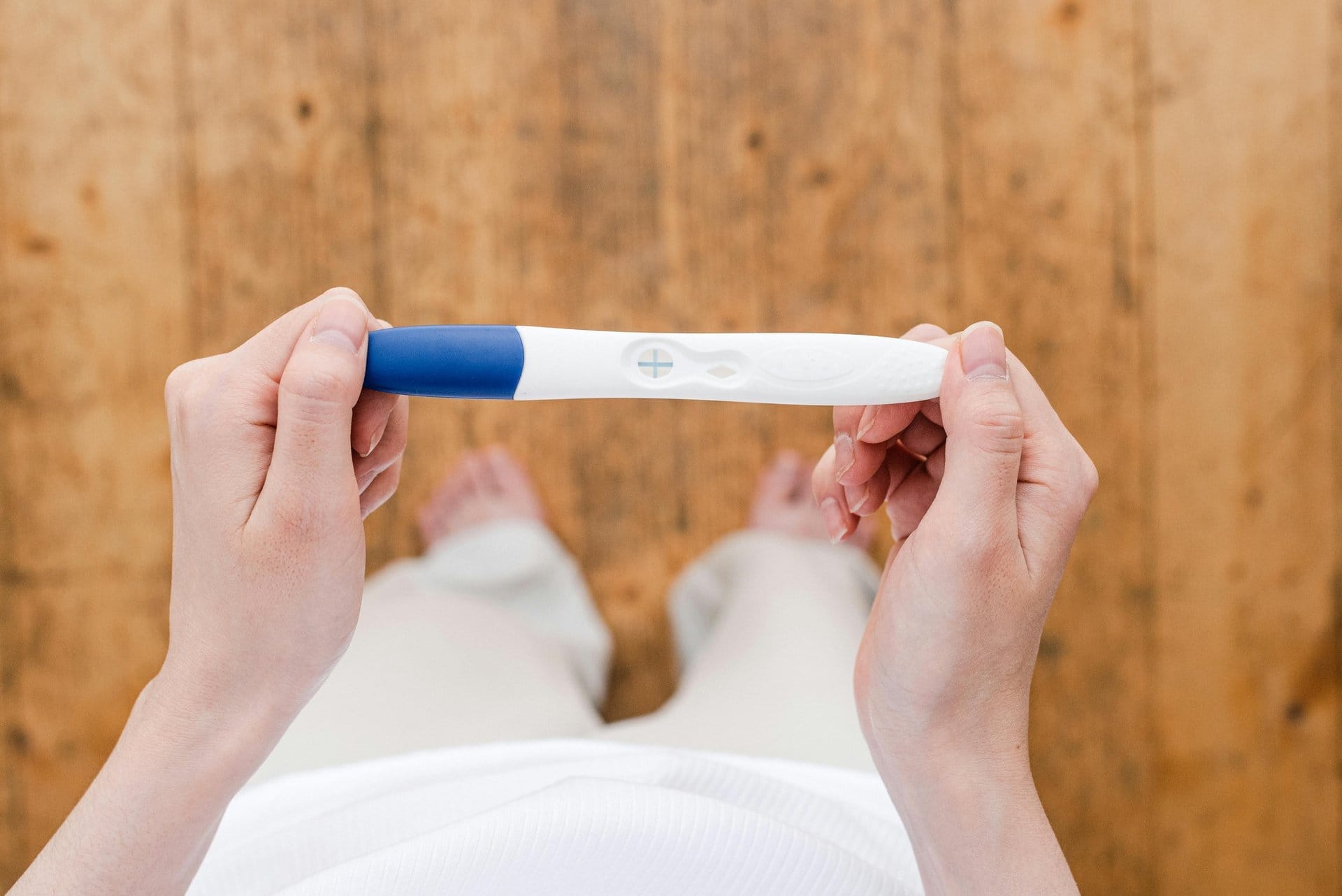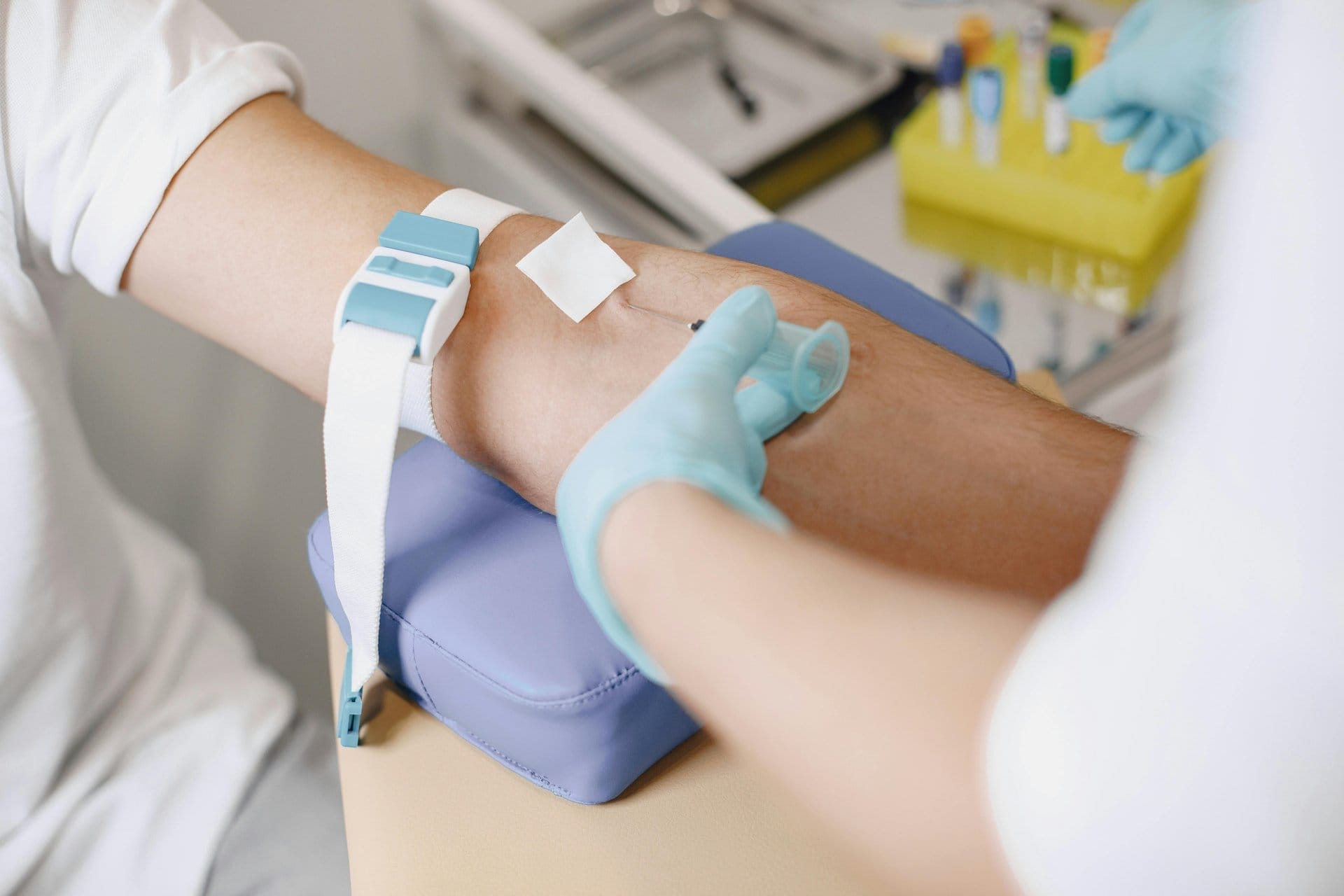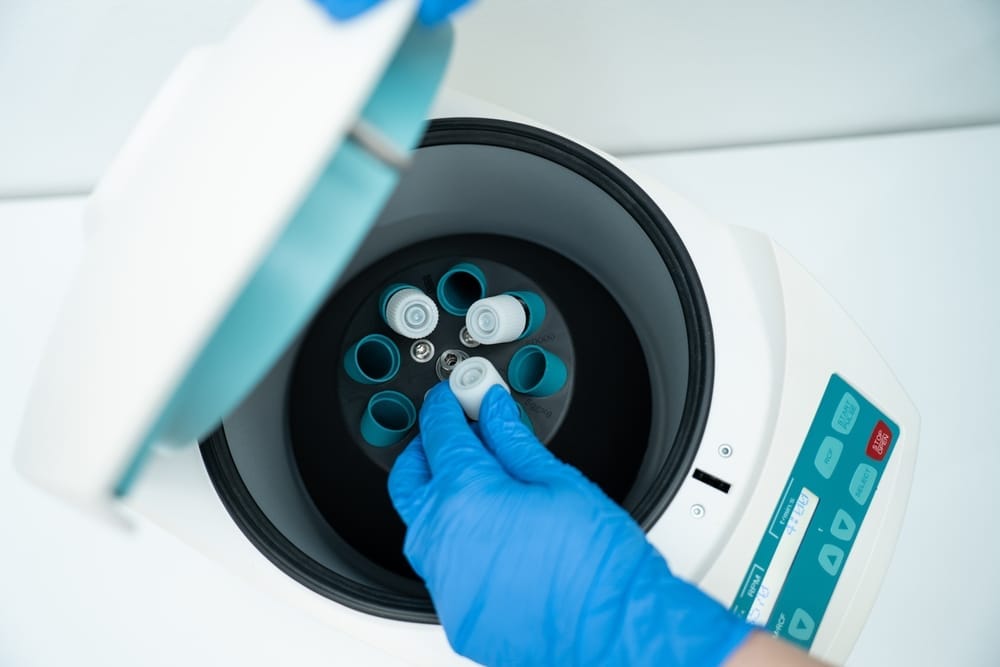Fertility is a personal and important aspect of health for many women, yet it’s often surrounded by myths and overwhelming information. In Singapore, understanding reproductive health or female fertility test is increasingly important due to societal and personal factors.
Fertility challenges are common, with one in six couples facing difficulties conceiving. Visiting a fertility centre and undergoing ovarian reserve testing offers valuable insights into reproductive potential, helping women make informed decisions about their future. Sperm health is also a crucial factor, highlighting the need for comprehensive fertility evaluations.
Whether you’re trying to conceive, considering fertility preservation, or simply wanting to understand your body better, this guide covers everything you need to know about female fertility test in Singapore.
A Comprehensive Guide to Female Fertility Testing
Fertility testing plays a crucial role in proactive reproductive healthcare. Fertility screening helps women understand their current fertility status, detect potential challenges early, and plan accordingly.

Singapore’s demographic trends reveal an aging population, with many women delaying motherhood due to career goals or personal circumstances.
This delay makes a fertility test Singapore even more important. Early testing can provide a snapshot of ovarian health and fertility potential, ensuring women are prepared for future family planning.
Types of Female Fertility Tests In Singapore
Understanding the types of fertility tests available in Singapore is essential for women looking to take control of their reproductive health and make informed decisions about their future.
1. Blood Tests

Blood tests are essential for evaluating hormone levels and reproductive health.
- Anti-Mullerian Hormone (AMH): Reflects ovarian reserve, showing how many eggs remain.
- Follicle-Stimulating Hormone (FSH): Indicates how well the ovaries are functioning.
- Progesterone Test: Confirms if ovulation has occurred during a cycle.
- Thyroid Function (TSH): Thyroid imbalances can affect ovulation and cycles.
- Prolactin Levels: High prolactin can disrupt ovulation and cause conception difficulties.
2. Imaging Tests

Imaging provides a clearer view of reproductive anatomy.
- Ultrasound Scan: Checks ovarian health, polycystic ovaries, fibroids, or cysts with a transvaginal ultrasound.
- Hysterosalpingography (HSG): X-ray to detect fallopian tube blockages or uterus shape issues.
- Pelvic MRI: Identifies fibroids, ovarian cysts, or endometriosis.
3. Ovarian Reserve Testing
Combining AMH levels with an ultrasound antral follicle count to assess egg supply and reproductive timeline.
4. Ovulation Tracking
![]()
Tracking ovulation provides key fertility insights.
- Basal Body Temperature: Small temperature changes indicate ovulation.
- LH Kits: Detect luteinizing hormone (LH) surge before ovulation.
5. Advanced Testing
In some cases, further investigations may be needed:
- Genetic Screening: Detects hereditary conditions affecting fertility.
- Endometrial Biopsy: Examines uterine lining for implantation issues.
Understanding Fertility Test Results
Test results can seem baffling at first, but your doctor will break down all findings for you. Here are the key takeaways:
- Hormone Levels: Elevated FSH levels or very low AMH may indicate diminished ovarian reserve.
- Imaging Results: Blocked fallopian tubes, uterine fibroids, or ovarian cysts identified in ultrasounds or MRI scans could affect fertility outcomes.
- Follow-Up Actions: Based on results, your doctor might suggest treatments, lifestyle changes, or additional tests for further evaluation.
The Importance of Early Fertility Testing

Early testing comes with undeniable benefits:
- Age-Related Fertility Decline: Fertility declines after age 35. Detecting potential issues early provides more options, including fertility preservation strategies.
- Proactive Planning: Understanding your health now helps eliminate guesswork in the future.
- Breaking Misconceptions: Fertility is not solely a post-marriage concern—proactive testing empowers women at any stage of life.
Fertility Testing at Mediway Medical Centre
Mediway Medical Centre offers a comprehensive suite of fertility tests backed by state-of-the-art technology and professional care. Women can expect personalized evaluations and support tailored to their individual needs.
From hormone testing to ultrasound scans, Mediway provides a clear roadmap for fertility health.
- Comprehensive Care in One Convenient Location: We provide a wide range of fertility testing services under one roof, ensuring a smooth and hassle-free experience.
- Experienced and Compassionate Specialists: Our team of highly skilled specialists is dedicated to offering expert guidance with empathy and understanding, supporting you every step of the way.
- Quick, Efficient Service with Minimal Wait Times: We value your time and strive to deliver prompt, reliable service, so you can focus on what matters most.
Preparing for Fertility Tests
To ensure accurate results, here’s how you can prepare:
- Medical History: Share any chronic conditions, surgeries, or medication with your doctor.
- Lifestyle Adjustments: Avoid smoking, alcohol, and extreme exercise in the days leading up to the tests.
- Relaxation: Stress can impact certain test results, so take steps to stay calm and prepared.
Fertility Tests and Lifestyle Factors
Your lifestyle plays a key role in fertility health. Factors such as diet, exercise, and stress levels can influence test results:
- Smoking: Negatively impacts ovarian reserve and egg quality.
- Diet: A balanced diet supports better hormone regulation.
- Chronic Conditions: Managing issues like PCOS, endometriosis, and diabetes improves overall reproductive health.
Fertility Preservation Through Testing

Ovarian reserve testing is essential for women considering egg freezing. For those in their 30s and beyond, fertility testing helps determine the best time for preservation, ensuring they retain the option to have children later in life.
Ensuring Emotional Readiness
Fertility testing may feel overwhelming, especially if results reveal unexpected challenges. Consider these support options:
- Counseling: Sessions with a therapist can help you process emotions.
- Support Groups: Connect with other women going through similar experiences.
- Online Resources: Blogs, podcasts, and forums can provide a sense of community.
Empower Your Fertility Journey Today
The path to understanding your fertility doesn’t have to be daunting. By taking charge with early testing, you’ll position yourself for better planning and peace of mind. Mediway Medical Centre is here to guide you every step of the way.
Schedule your fertility consultation today and take the first step toward your reproductive health goals.









